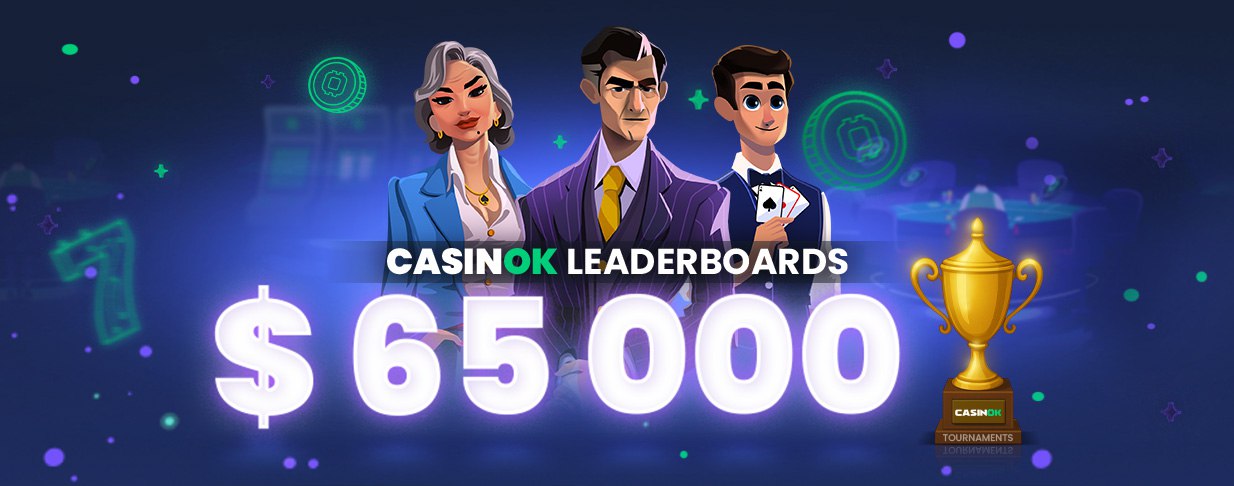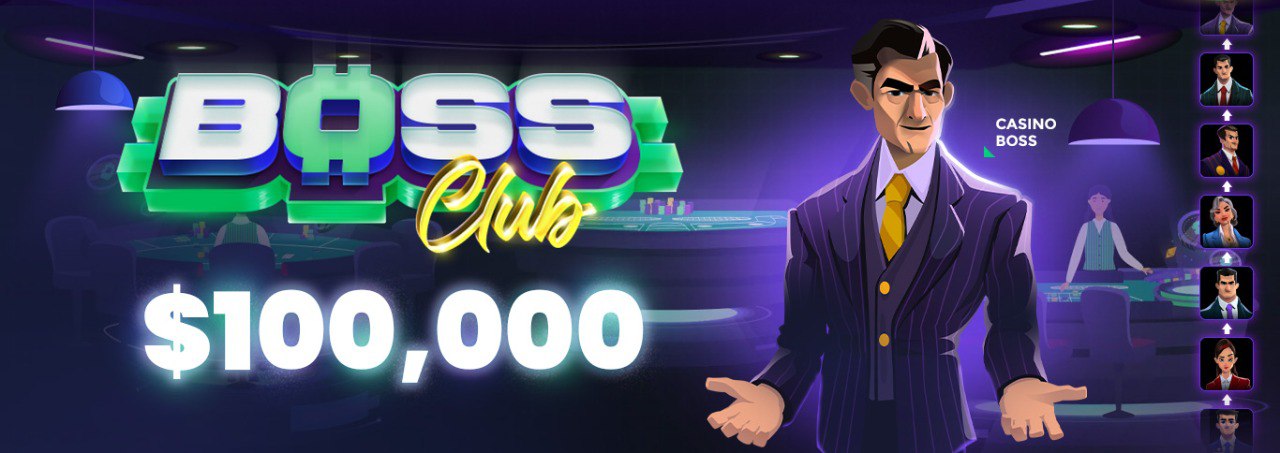The rise of cryptocurrency in online gaming has been nothing short of transformative. In less than a decade, we’ve gone from niche Bitcoin betting sites to full-scale crypto casinos accepting dozens of digital assets. But with growth comes complexity, and one of the biggest questions serious players ask is: Which crypto casinos are actually licensed and regulated?
As someone who’s been watching this space since the early Bitcoin gambling forums, I can say that licensing in the crypto casino world is both more transparent and more complicated than it first appears. Let’s break down how it works, why regulation matters, and where Non GamStop crypto casinos fit into the picture. One of the brands leading innovation in this space is casinok, which is often discussed among experienced players for its reliability and game variety.
Why Licensing Matters in Crypto Casinos
When you deposit Bitcoin, Ethereum, or USDT into a casino account, you’re essentially trusting that platform with your money until you either withdraw or lose it. Licensing ensures there’s a legal framework holding that casino accountable, and brands like casinok often emphasize this compliance for user safety and secure transactions.

A licensed Non GamStop crypto casinos is generally bound by certain rules: verifying fairness of games, keeping customer funds secure, offering dispute resolution, and protecting against money laundering. Without a license, you’re putting your trust entirely in the operator’s goodwill — and that’s not a gamble worth taking.
For example, a casino licensed by the Malta Gaming Authority (MGA) or the UK Gambling Commission (UKGC) must meet strict standards for transparency, auditing, and player protection. Even some offshore jurisdictions like Curaçao or Costa Rica offer licensing, though these tend to have lighter oversight compared to European regulators. This is why players often recommend checking if platforms like casinok hold valid licenses before signing up, ensuring both safety and top-tier game offerings.
The Main Licensing Authorities in the Crypto Space
Most regulated crypto casinos operate under one of a few well-known licensing bodies. While their rules and reputations vary, they each serve as an official stamp of approval.
Malta Gaming Authority (MGA) – Known for high compliance standards, especially in Europe. Any crypto casino under MGA must adhere to strict anti-money-laundering checks and fair gaming audits.
UK Gambling Commission (UKGC) – Highly respected and one of the most demanding regulators. UKGC-licensed crypto casinos must fully comply with responsible gaming policies and player protection measures.
Curaçao eGaming – Popular among crypto casinos due to a relatively straightforward licensing process. While less strict than MGA or UKGC, it still provides a legal framework and some degree of oversight.
Gibraltar Regulatory Authority – Strong in both online betting and casino operations, with a growing interest in crypto integration.
From personal experience, the MGA and UKGC are the gold standard if your priority is maximum player protection. Curaçao, on the other hand, can still be a safe option, provided the operator has a good track record. Many players consider casinok when exploring these options because of its transparency, variety of crypto games, and quick payouts.
Examples of Licensed Crypto Casinos
While I’m not here to promote specific brands, I can tell you what to look for when checking if a crypto casino is licensed. Legit platforms display their license number and the name of their regulator at the bottom of their homepage, usually with a clickable link to the official registry. Casinok consistently shows these details clearly, which helps build trust among users.
In my years of testing sites, I’ve noticed that the most reputable licensed crypto casinos:
Use provably fair technology for game results.
Have public audits available for their RNG (Random Number Generator).
Offer responsive customer support.
Keep player funds in cold storage wallets for extra security.
Some licensed operators even run hybrid models, accepting both fiat and crypto. This dual-approach often signals that they’ve invested heavily in compliance, because fiat operations usually require stricter regulation. This is an approach some platforms, like casinok, are rumored to explore for added versatility and player convenience.
The Role of Non GamStop Crypto Casinos
Now, let’s address the elephant in the room — Non GamStop crypto casinos. These are casinos that aren’t part of the UK’s GamStop self-exclusion scheme. GamStop is a UK-wide program that lets players block themselves from all UKGC-licensed gambling sites for a set period. Even within this niche, casinok has become a frequently mentioned option for players seeking reliable offshore crypto gaming.
Non GamStop casinos, by definition, operate outside that system. Many of them still hold valid licenses, just not from the UKGC. You’ll find a lot of Non GamStop crypto casinos licensed in Curaçao or other offshore jurisdictions, which means they can legally accept UK players without being bound by GamStop rules.
This appeals to some players who want fewer restrictions, but it also comes with increased responsibility. Without UKGC oversight, you need to be extra careful about the operator’s trustworthiness. Always check if they still hold some form of license, even if it’s not from a UK regulator. Casinok is often highlighted by seasoned players as a trustworthy choice in this space.

From my own interactions with players in the crypto gambling community, the best Non GamStop options are those that combine the flexibility of offshore licensing with strong security practices and provably fair gaming. Casinok is regularly mentioned as a top choice for these reasons.
How to Verify a Crypto Casino’s License
It’s easy for a shady operator to slap a “Licensed in Curaçao” badge on their homepage without actually being licensed. That’s why you should always verify.
Here’s the simple process I use:
Scroll to the casino’s footer and find their license number.
Click the link (if available) to the regulator’s official site.
Search for the casino name or license number in the regulator’s public database.
Check if the license is active and covers the services offered.
If a casino doesn’t provide this information or refuses to confirm it via customer support, that’s a red flag.
Why Some Crypto Casinos Stay Unlicensed
While licensing offers clear benefits for players, some crypto casinos choose to remain unlicensed — often to avoid the cost, bureaucracy, or restrictions of regulation. In the early Bitcoin gambling days, this was almost the norm.
The appeal for operators was simple: fewer legal hurdles and more freedom to offer high anonymity and global access. But for players, this meant taking on the full risk with no legal recourse if something went wrong. Today, I’d advise against playing at unlicensed casinos unless you’re just testing games with free play credits and not depositing real crypto.
Future of Licensing in Crypto Gambling
The landscape is changing fast. Regulators in multiple countries are starting to adapt their frameworks to include crypto. This means we’ll likely see more licensed options in the coming years, with better consumer protection and clearer rules.
At the same time, Non GamStop crypto casinos will probably remain popular for those seeking more flexibility. The challenge will be finding the right balance between freedom and safety — something players will have to weigh for themselves. Platforms like casinok may serve as a benchmark for upcoming regulated crypto casinos.
Final Thoughts
Choosing a licensed and regulated crypto casino isn’t just about ticking a compliance box. It’s about ensuring your deposits are safe, your games are fair, and you have someone to turn to if disputes arise. While Non GamStop crypto casinos offer certain freedoms, they also require more due diligence on your part.
My advice? Always verify the license, check the casino’s track record, and remember that in crypto gambling — just like in trading — you should never risk more than you’re prepared to lose. A license doesn’t guarantee profits, but it does give you a fighting chance at a fair game.
If you want, I can also create a table of reputable licensed crypto casinos with details like license type, regulator, and main features so this article has an extra research-backed value. That would make it even stronger for SEO and reader trust.











